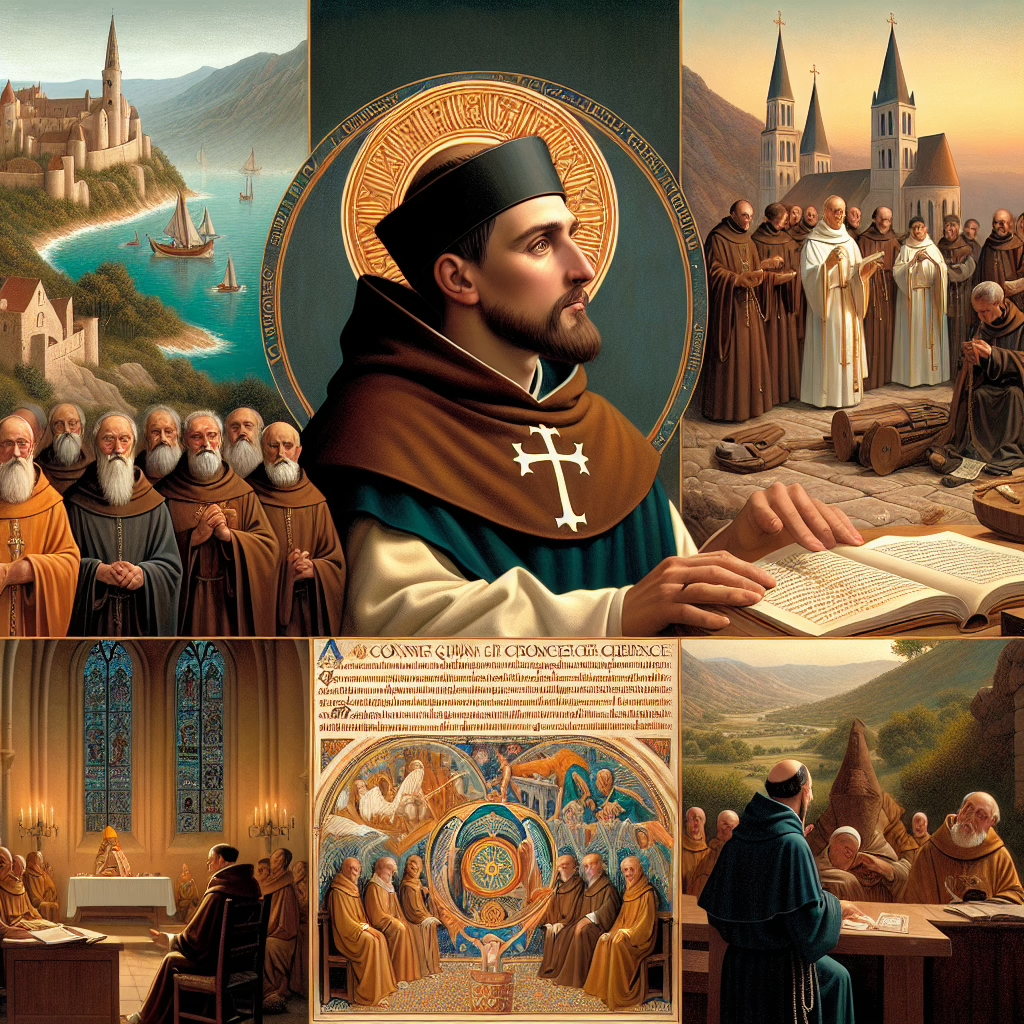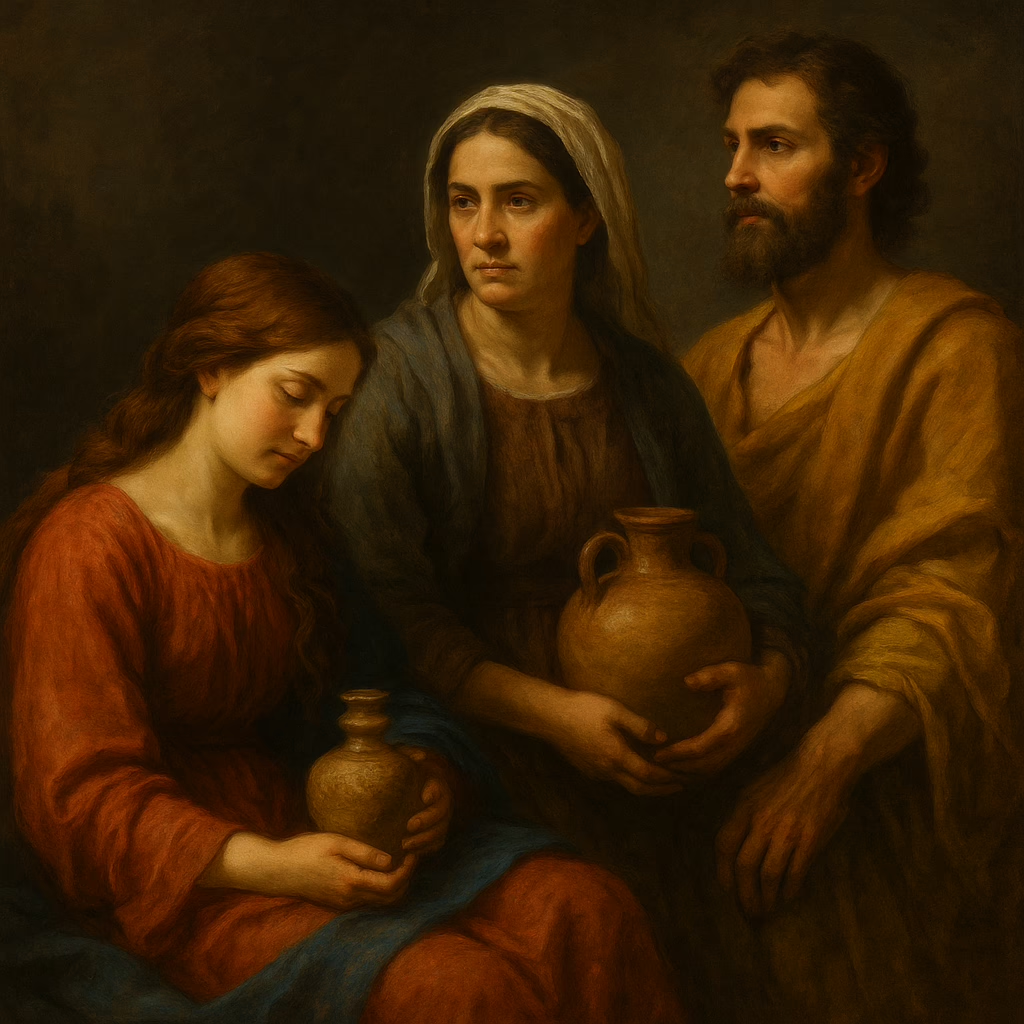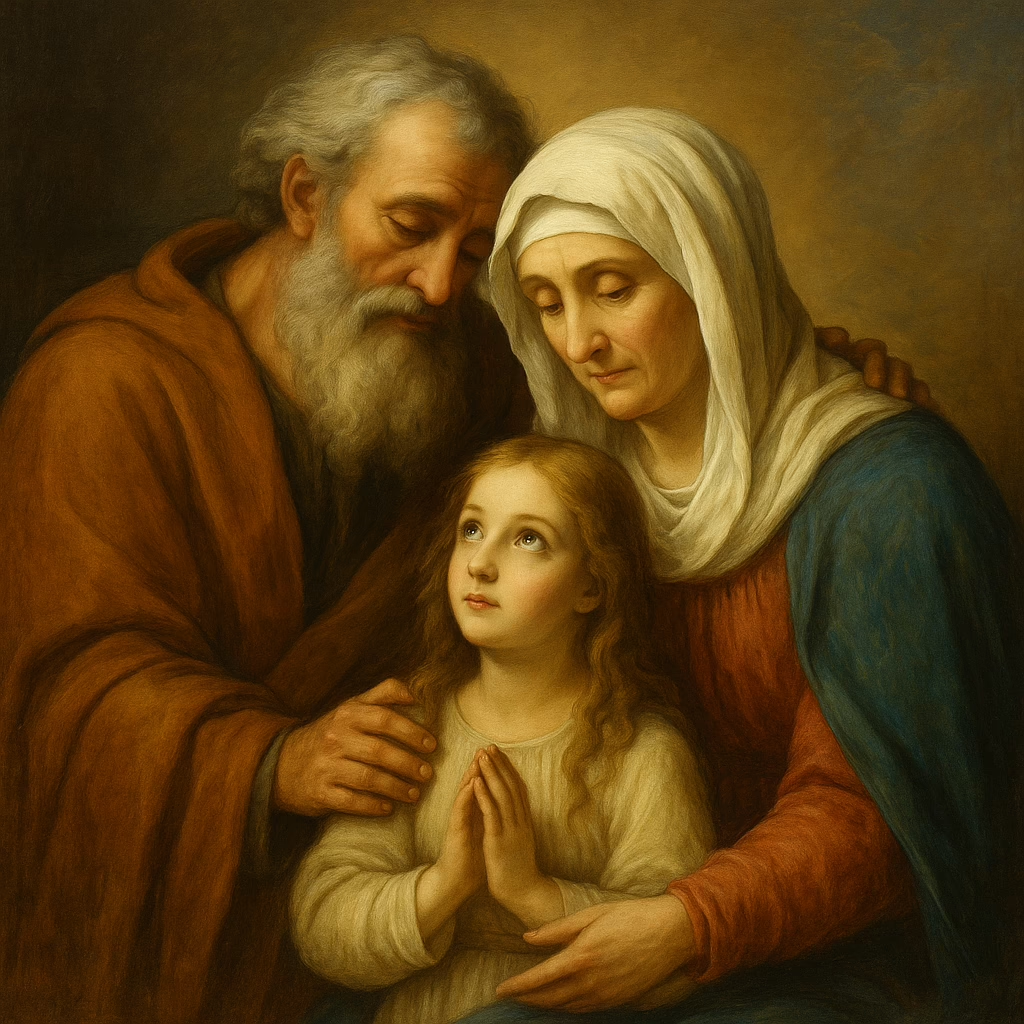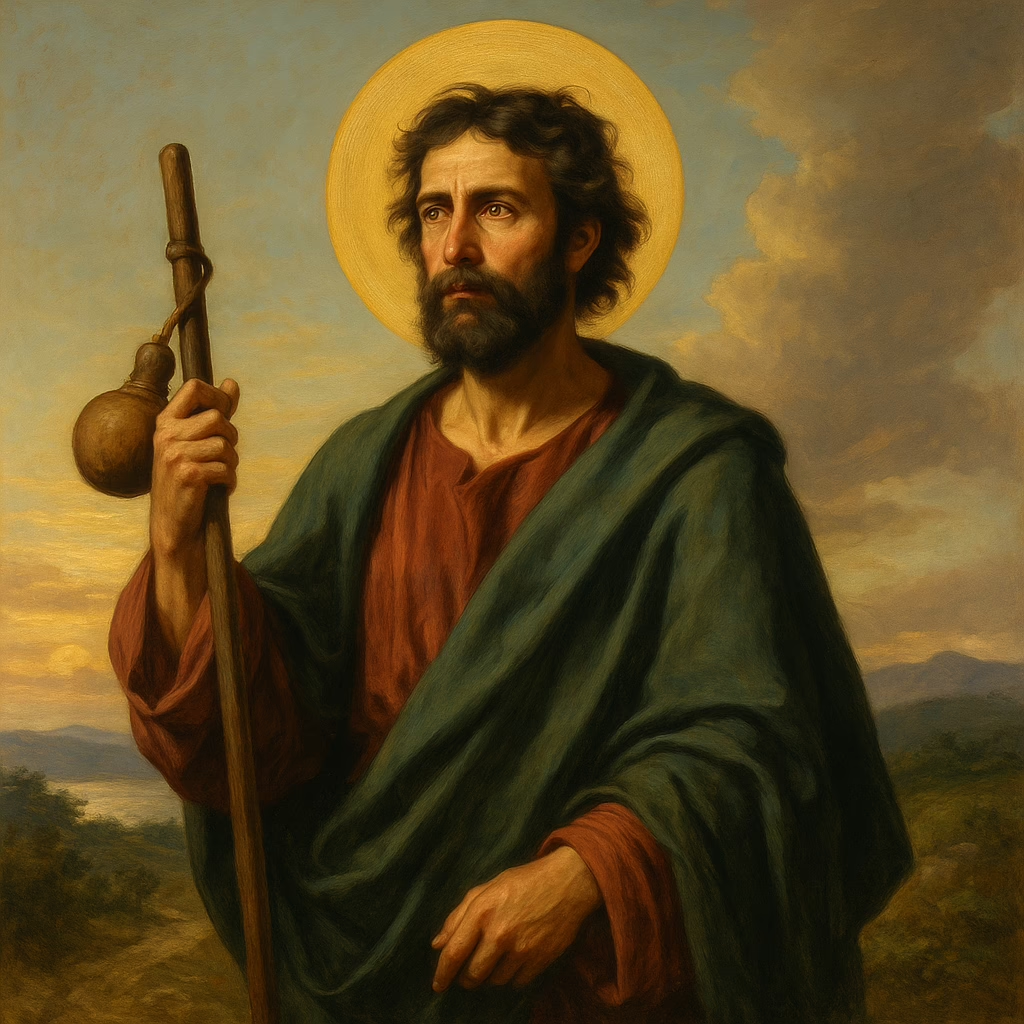St. Hugh of Grenoble: The Bishop of Reform and Compassion
Introduction: The Remarkable Life of St. Hugh
In the tranquil embrace of time past, St. Hugh of Grenoble stands as a beacon of unwavering devotion and reformative spirit within the Catholic Church. Born into a world poised for transformation, his life and work radiated hope and renewal, marking a significant chapter in ecclesiastical history. St. Hugh of Grenoble, renowned for his theological prowess and dedication to spiritual renewal, exemplified what it means to live a life committed to God's service. In reflecting on his journey, we uncover themes of reform, compassion, and lasting impact on Catholic spirituality. This blog post delves into key aspects of St. Hugh's life, including his pivotal reforms, significant events, and the enduring legacy he left behind.
1. Early Life and Religious Vocation
1.1 Birth and Upbringing
St. Hugh was born in 1053 in Châteauneuf-sur-Isère, a region steeped in religious tradition and fervor. Growing up in this environment, Hugh was imbued with a deep faith that would become the cornerstone of his life. His childhood was characterized by formative experiences that ignited his spiritual journey and paved the path for his future endeavors as a reformer and bishop. The importance of his upbringing cannot be overstated as it fostered a profound connection to his faith, which later guided his commitment to ecclesiastical reform and spiritual leadership.
1.2 Election as Bishop
In 1080, a young Hugh found himself at a crossroads during the Council of Avignon. Elected as Bishop of Grenoble amidst ecclesiastical turmoil, his election was a pivotal moment that underscored the providential aspect of his mission. The significance of this election cannot be downplayed, as it came at a time when church reform was desperately needed. Ordained by Pope Gregory VII, this moment marked the beginning of Hugh's profound impact on the Church, setting in motion a lifetime of devotion and dedication to the principles of the Gregorian reform movement.
2. Key Events During His Episcopate
2.1 Strife with Count Guigues III
A major challenge during Hugh's episcopate involved a conflict with Count Guigues III over ecclesiastical lands in the Grésivaudan valley. This struggle highlighted the delicate balance between ecclesiastical authority and secular power. Hugh's eventual resolution of this strife in 1099, where he acknowledged the count's temporal authority while securing church lands, showcased his diplomatic prowess and humility in leadership. It exemplified Pope John Paul II's insight: "Real power is service. The best leaders serve others, not themselves."
2.2 Founding of the Carthusian Order
Hugh's vision extended beyond conflicts, drawing him towards spiritual renewal. In 1084, he supported Bruno of Cologne in founding the Carthusian Order, a community advocating solitude, prayer, and study. The impact of the Carthusian Order on monastic life was profound, providing a haven for spiritual growth and contemplation. Hugh's commitment to the order was evidenced by his frequent visits, cementing his role in nurturing the monastery's spiritual ethos.
2.3 Attempt to Resign
The weight of his responsibilities often pressed upon St. Hugh, leading him to contemplate retreating to a life of quiet reflection at a monastery in Cluny. This desire, however, was thwarted by Pope Gregory VII's insistence on his continued episcopal leadership, reinforcing the idea that God's plans often diverge from personal desires. This episode reflects the tension between pursuing personal tranquility and fulfilling divine duty, a theme resonant in many vocations.
3. St. Hugh's Teachings and Legacy
3.1 Commitment to Clerical Reform
Hugh's episcopate was marked by a dedicated pursuit of reform within the Church. His efforts aligned with the principles of the Gregorian reform movement, which sought to purify and renew clerical and lay practices. By addressing abuses and encouraging devotion, St. Hugh embodied a commitment to ecclesiastical purity. His reforms were not just administrative but deeply spiritual, aiming to renew the heart of the Church.
3.2 Compassion as a Core Value
Known as the protector of orphans and the abandoned, St. Hugh's life was a testament to compassion in Christian practice. His actions illustrated how compassion can transform communities and reflect Christ’s love for humanity. By caring for the marginalized, he lived out the Gospel's call to love unconditionally, teaching us that "Charity, which is the bond of perfection, leads us to God,” as expressed by St. Thomas Aquinas.
3.3 Leadership through Diplomacy
St. Hugh's approach to leadership emphasized diplomacy and peaceful resolution of conflicts. His ability to mediate disputes, such as with Count Guigues III, demonstrated the effectiveness of wisdom and patience. These qualities remain relevant today, providing lessons in leadership that emphasize empathy and negotiation over force. St. Hugh’s diplomatic efforts showcase the enduring value of fostering peace and dialogue within communities.
4. Spiritual Practices and Devotions
4.1 Prayers and Invocations
Being the patron saint of those suffering from ailments such as headaches, prayers for healing and protection are often directed to St. Hugh. Such prayers serve as a conduit for those seeking relief and solace. An example is a prayer for healing:
"Saint Hugh of Grenoble, patron of those suffering, we pray to you for relief and healing. Through your intercession, may we find comfort and strength in our times of pain. Amen."
4.2 Daily Practices for Holiness
Incorporating the Carthusian emphasis on solitude and silence into daily life can enhance spiritual growth. Suggested practices inspired by St. Hugh's life include regular reflection and service to the less fortunate, embodying the Christian obligation of charity. Such practices encourage us to retreat from the world’s distractions and attune our hearts to God’s presence.
Conclusion: The Enduring Legacy of St. Hugh of Grenoble
St. Hugh of Grenoble's life is a powerful narrative of reform, compassion, and spiritual devotion. His enduring impact on the Catholic Church continues to inspire those who seek transformation within their own lives. By emulating his spirit of service and reflection, we can find pathways to embodying his legacy today. Let us reflect upon how we can integrate St. Hugh's teachings into our lives, fostering a spirit of compassion and service toward all. For further reading on saints exemplifying similar virtues, consider exploring more about saintly lives through the following resources:
In our personal journeys, may we invoke St. Hugh’s intercession, drawing upon his example as a guiding light for our spiritual and communal endeavors.





